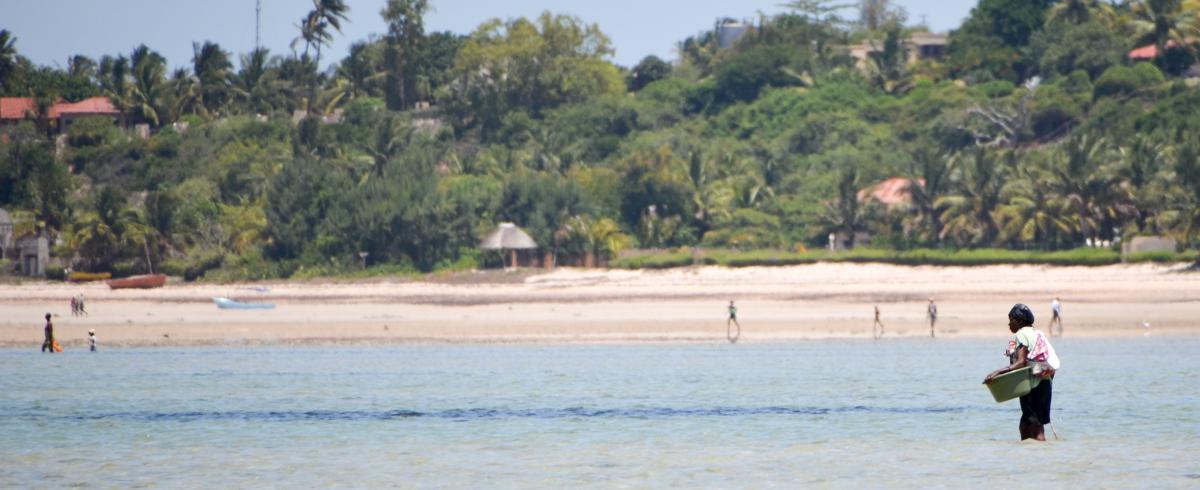Cases Concerning Indigenous People's Rights and Fisheries
The report is based on previous publications and cases compiled by the Danish Institute for Human Rights, input from the Expert Meeting organised at the margins of the 2023 Session of the UN Permanent Forum on Indigenous Issues, as well as additional desk research. It was developed and published with financial support from the Swedish International Development Cooperation Agency (Sida) through the project “Sustainable Oceans – Pursuing a human rights-based approach to fisheries and aquaculture”

